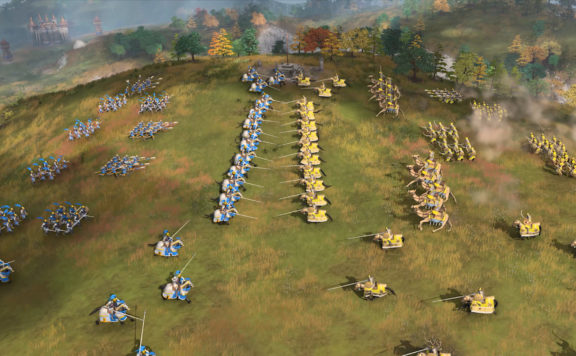Welcome to the eternal struggle of balancing fun and responsibilities. If you’re a student, you probably know the feeling all too well: you have assignments, readings, perhaps a part-time job, and other obligations. All of this can make finding time for your favorite games seem impossible. But don’t despair just yet. You can still enjoy gaming without sacrificing your academic performance.
Gaming is an excellent way to decompress, but how do you find time for it amidst the hustle and bustle of student life? Let’s look at some professional tips on finding time to play your favorite games!
Plan Your Week in Advance
Let’s start simple. A weekly plan can help you allocate time for all your activities, including gaming. Use digital calendars, apps, or even good old-fashioned paper planners to jot down all your weekly commitments.
- Step 1: List down all your academic obligations, from classes to study sessions.
- Step 2: Insert other commitments like jobs, family time, or social activities.
- Step 3: Look for gaps you can reasonably fit in gaming sessions without affecting your other responsibilities.
By doing this, you’ll clearly see when your gaming time can fit into your busy life without conflicting with your academic or work commitments.
Some students turn to essays for success for help when they need to free up more time to indulge in gaming. The various guides help them to understand how to write different papers and a broad base of samples may inspire students to write unique pieces.
Use Gaming as a Reward Mechanism
If you’re looking for motivation to complete tasks, try using gaming as a reward. This not only gives you an incentive to work efficiently but also ensures you won’t feel guilty during gaming time.
- Set Mini-goals: Complete a reading chapter, finish a problem set, or write a section of a report.
- Game Time: Once a mini-goal is achieved, take a break with a gaming session.
Setting up a reward system will keep you focused on tasks while providing a much-needed break to clear your head and recharge.

Incorporate Gaming into Study Breaks
Many studies recommend taking short breaks during lengthy study sessions for better focus and productivity. Why not use this time to engage in gaming?
- Pomodoro Technique: Study for 25 minutes and then take a 5-minute gaming break.
- Limit the Time: Set an alarm to ensure your break doesn’t extend into your study time.
This approach offers a refreshing break and boosts your productivity by providing a complete shift in activity.
Select the Right Games
The kind of games you play can significantly impact how much time you’ll need. Some games require long hours, while others are easy to play in short bursts.
- Quick Games: Choose games you can quickly enter and exit without losing progress.
- Avoid Time-Consuming Games: MMOs or other online multiplayer games can suck you into long gaming sessions.
Choosing the right type of game will allow you to play even when you have just a little time to spare.
Moderation During Weekends
Weekends can be tempting for extended gaming sessions, but this can put you behind on academic work. Use weekends wisely.
- Plan: Use part of the weekend to get ahead on academic work, freeing up time during the week.
- Limit Gaming: Set a reasonable limit for how many hours you’ll game on the weekend.
This ensures you’re not throwing off your entire week by binge-gaming during the weekend.
Final Remarks
Finding time to enjoy your favorite games while managing academic responsibilities may seem challenging, but it’s possible with careful planning and discipline. Remember, if you’re struggling with educational tasks, professional writing services can provide the support you need to excel academically while freeing up some valuable time for gaming. So, game on, and your scores may be as high in your classes as in your favorite games!
Ruby Reginald is a blog writer specializing in topics related to student life, covering everything from academic stress to social dynamics on campus. With a background in education and psychology, she brings a unique blend of research-based insights and relatable experiences to her articles. Her work has been featured in various educational platforms and student-focused publications, making her a trusted voice for students seeking advice and guidance on navigating the complexities of university life.







